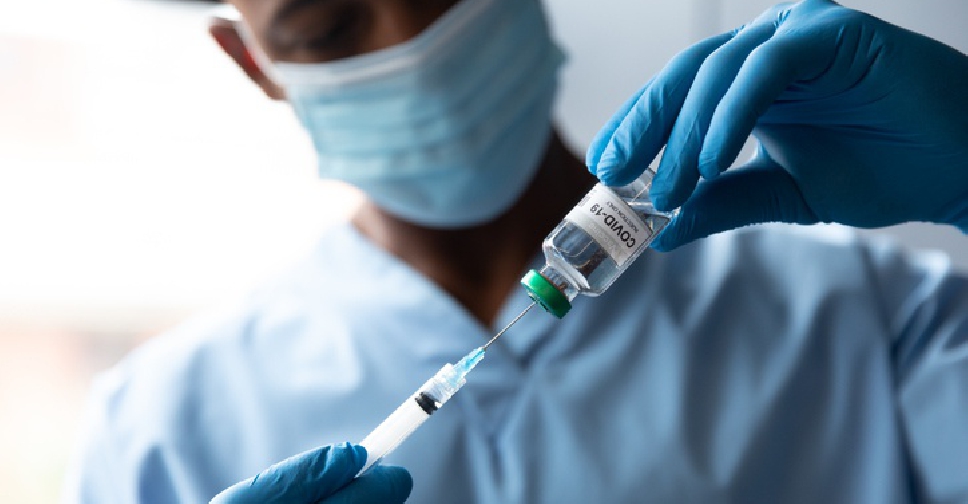
A World Health Organisation (WHO) technical body said on Tuesday that current COVID-19 vaccines may need to be reworked to ensure they are effective against Omicron and future variants of the coronavirus.
The technical group, made up of independent experts, said it would consider a change in vaccination composition and stressed that shots needed to be more effective in protecting against infection.
"The composition of current COVID-19 vaccines may need to be updated to ensure that they continue to provide WHO-recommended levels of protection against infection and disease by VOCs (variants of concern), including Omicron and future variants," the technical body, tasked with making recommendations to the WHO, said in a statement.
"COVID-19 vaccines need to...elicit immune responses that are broad, strong, and long-lasting in order to reduce the need for successive booster doses," it added.
"A vaccination strategy based on repeated booster doses of the original vaccine composition is unlikely to be appropriate or sustainable."
However, the statement stopped short of advocating an Omicron-specific vaccine at this stage, saying more research was required and urging manufacturers to share data.
It said that an updated vaccine could be aimed specifically at the dominant variant, which is currently Omicron in many places, or be a "multivalent vaccine" designed to bust several variants at once.
Further recommendations will be issued when more data is available, it added.
Some vaccine makers are already developing next-generation vaccines targeting Omicron, the highly contagious variant first detected in southern Africa and Hong Kong.
On Monday, Pfizer Chief Executive Albert Bourla said a redesigned COVID-19 vaccine that specifically targets the Omicron variant would probably be needed and his company could have one ready to launch by March.
Rival Moderna is also working on a vaccine candidate tailored to Omicron, but it is unlikely to be available in the next two months.
A WHO official had previously said the issue of vaccine composition required "global coordination" and should not be left to manufacturers to decide alone.




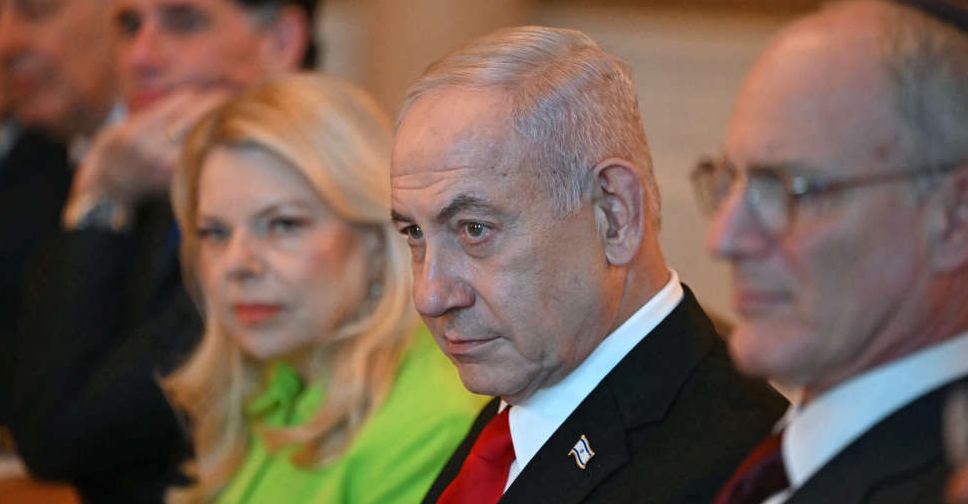 Trump, Netanyahu meet a second time as gaps said to narrow in Gaza ceasefire talks
Trump, Netanyahu meet a second time as gaps said to narrow in Gaza ceasefire talks
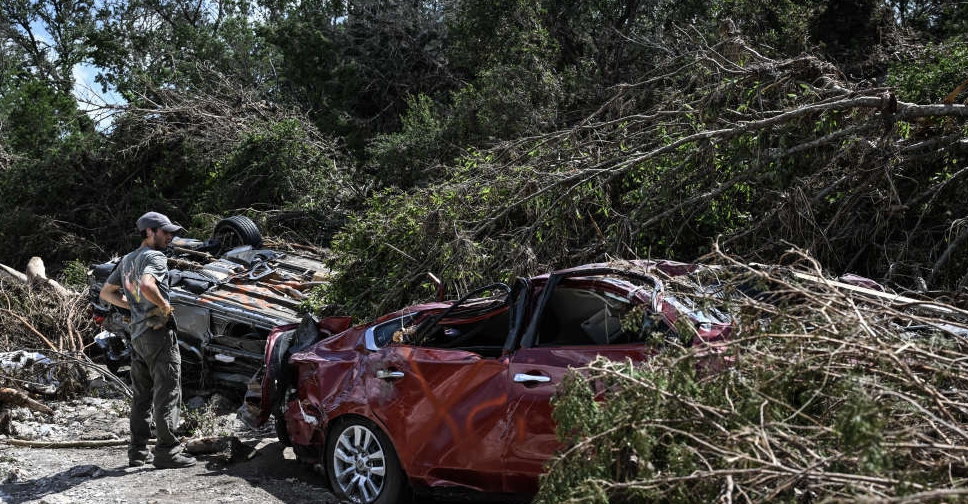 Death toll from Texas flood hits triple-digits as tally of missing tops 180
Death toll from Texas flood hits triple-digits as tally of missing tops 180
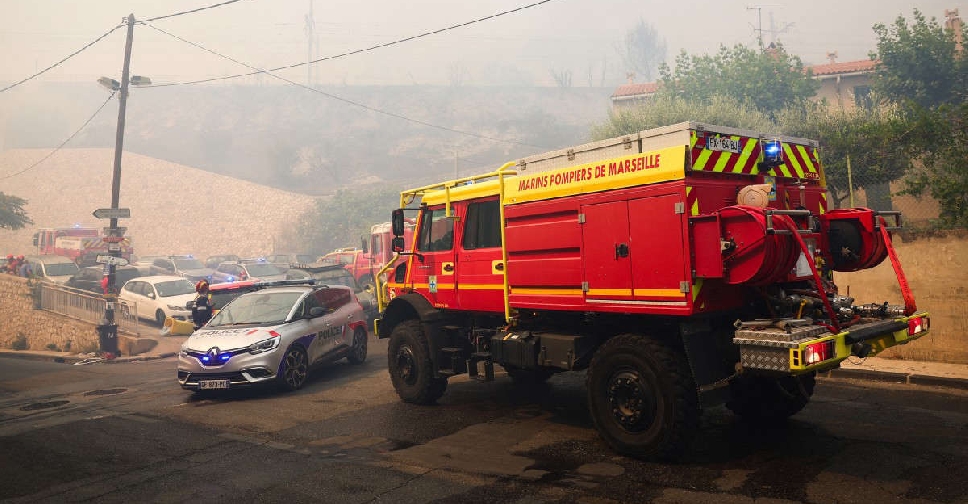 Wildfire threatens Marseille, shuts down airport in southern France
Wildfire threatens Marseille, shuts down airport in southern France
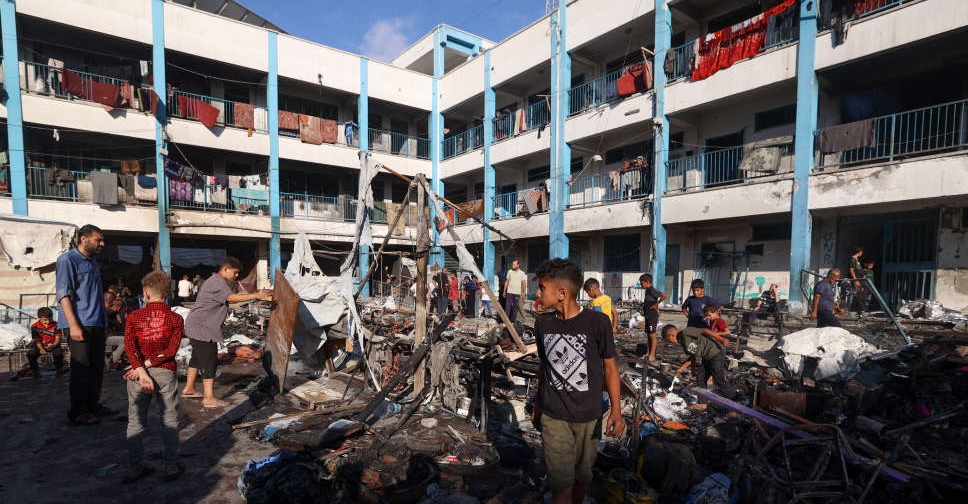 Gaza ceasefire can be reached but may take more time, Israeli officials say
Gaza ceasefire can be reached but may take more time, Israeli officials say



